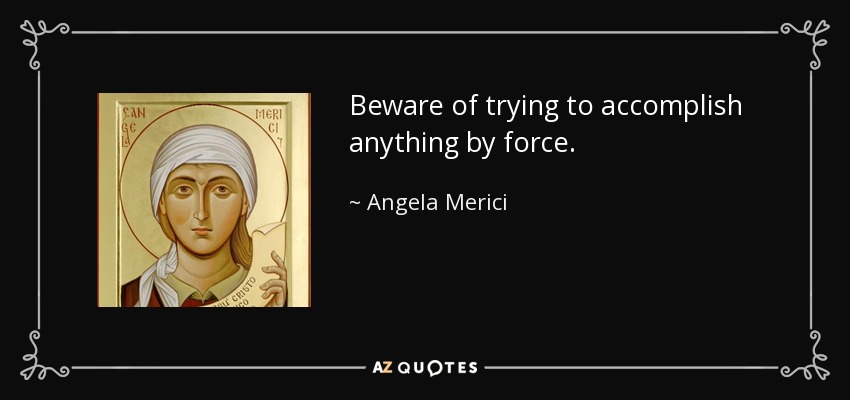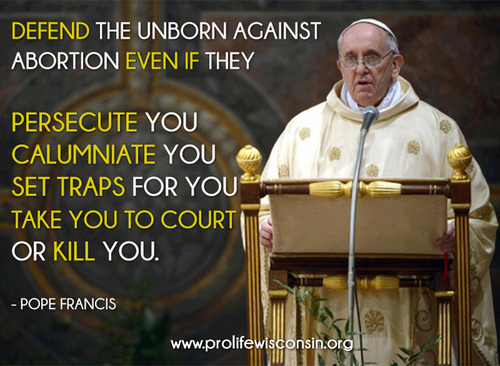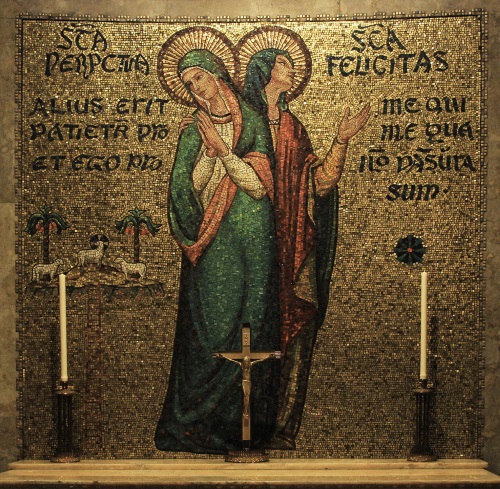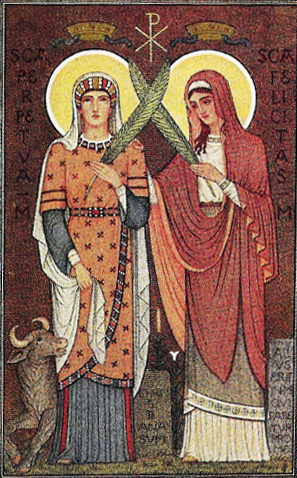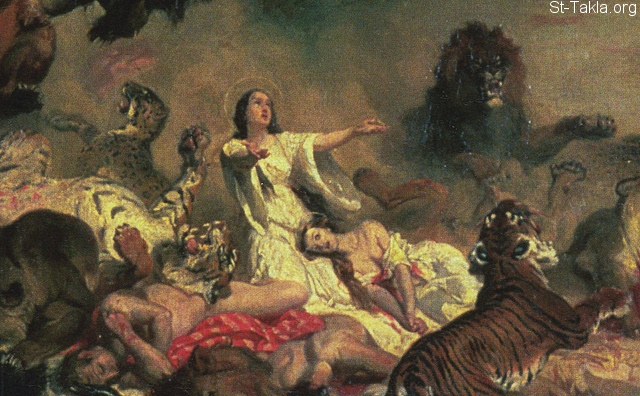
On 2010, Carlos Mwangi, from Nairobi, Kenya, fell into a trance and was shown that when the rapture occurs, it will be at around 6pm on a Saturday.
It just so happens that First-fruits, on also falls on a Saturday -The 7th of May 2016.
When it's 6:00pm on the 7th of May in Nairobi, it will also be 6pm on the 7th of May 2016 in Jerusalem as well! This means that the Lord is going to wait until the very Last Watch, on First-fruits, before He gathers up His saints into heaven to attend the Marriage Supper of the Lamb.

The Following is Carlos's Story...
"...I was in the city center of Nairobi city, I had been sent by my mother to do some errands and I was now on my way back home.
As I was crisscrossing shoulder to shoulder I suddenly looked down for I felt very uneasy with my left shoe so I bent down to adjust it.
I was very aware of my surroundings suddenly standing up I just froze and looked up and then leveled my head where I could see cars.
They all began crashing simultaneously and there were people falling at the same time because all over, graves were opening.
Directly above, to the direction I was facing, I saw a big angel with big triangular curved elegant wings with a golden trumpet standing in front of the other angels, and the line of these angels stretched back as far as I could see and he blew the trumpet a second time.
Then I turned to the opposite direction and I saw people flying towards a center and there was JESUS with Angel Michael at his side.
It's then that I realized that the heavenly citizens were on opposite sides of the sky. The music from the trumpet was sweet and loud and did not hurt my ears. I don't remember the tune but it was inviting pulling me up to the clouds.
The Archangel who had the trumpet in front seemed to blow it continuously blowing a long key and the others behind him seemed to play Music but it was pure harmony all the same..the sky light was so bright like golden yellowish color.
It was 6:00 PM on a Saturday
I noticed that people seemed confused at the noise, others were hysterical, as if demon possessed, because they held their ears and screamed in agony.
It then vanished as quick as it had started...I closed my eyes and started shaking my head. I seemed to have stepped into eternity. Even though I was very much aware of everyone else. That's when I realized that people were looking at me. Then it hit me! I was standing right in the middle of the path as if in a trance.

When I got home I prayed to the Father to let me know everything. He let me know that it was my expectancy that was beaming in my spirit ever since I started fellowship with my FB family, talking about the rapture and the Wedding Supper of the Lamb.
Then later, that's when it came to my realization, ONLY THOSE WHO ARE READY will hear the Trumpet sound as music. But the unbelievers, due to the commotion with the earthquake and the crashing of everything around them, will be confused with hysteria, the Trumpet will sound like bomb explosions going off all around them.
The rapture itself will also not take too long in this “time existence” I was made to understand that it will take less than 5 seconds. It will happen so fast and everything will go quiet again.

To those who will be flying it will be an eternal moment. For eternity has been placed in our hearts according to the Scriptures. But I'm guessing, for those who are left here, it will be the longest 5 seconds of their entire existence. I saw everything happening so fast, yet through their eyes I saw everything happening in slow motion, like a never ending nightmare.
Soon people, very soon, its going to happen.
So get ready!"


